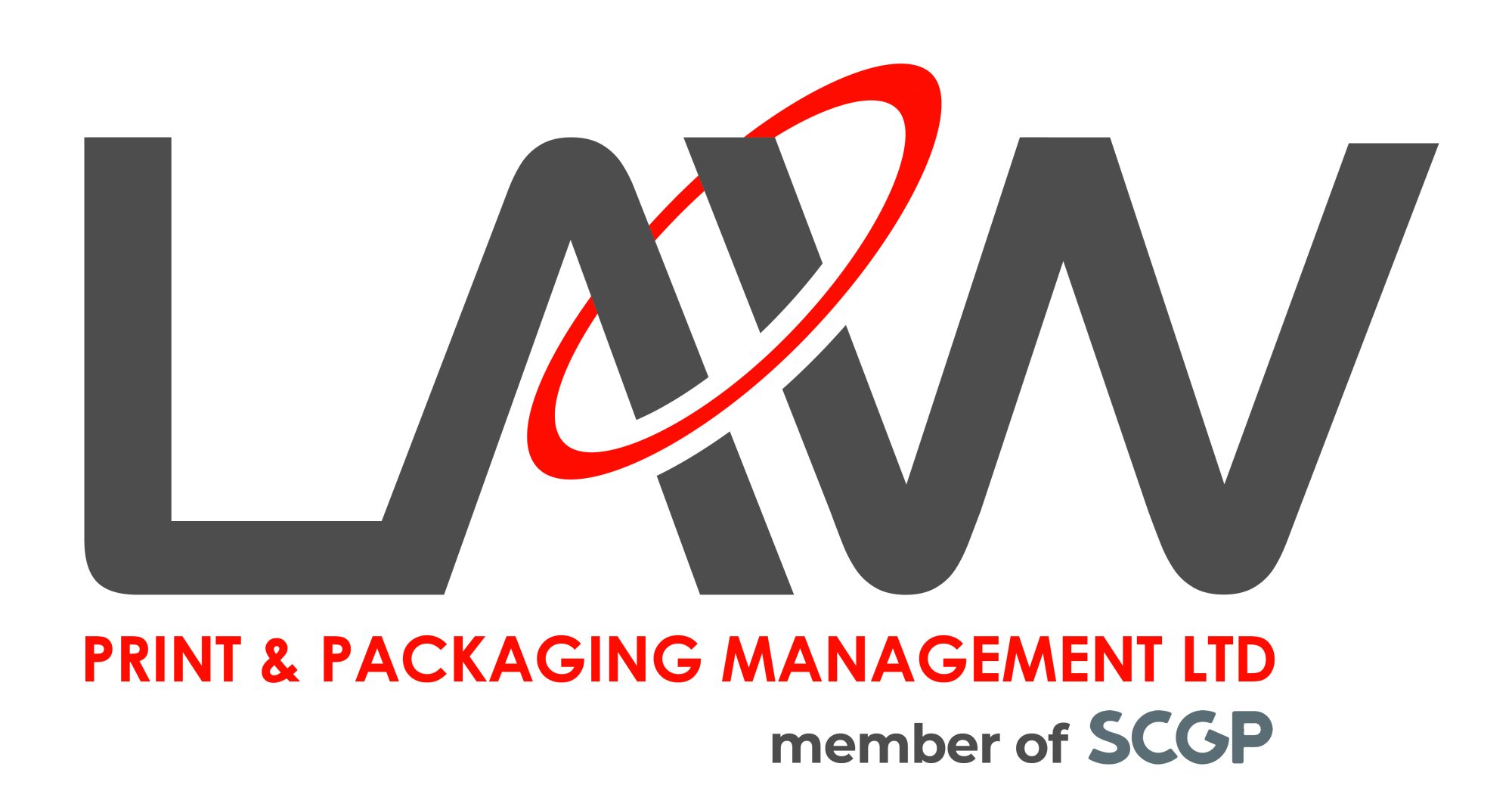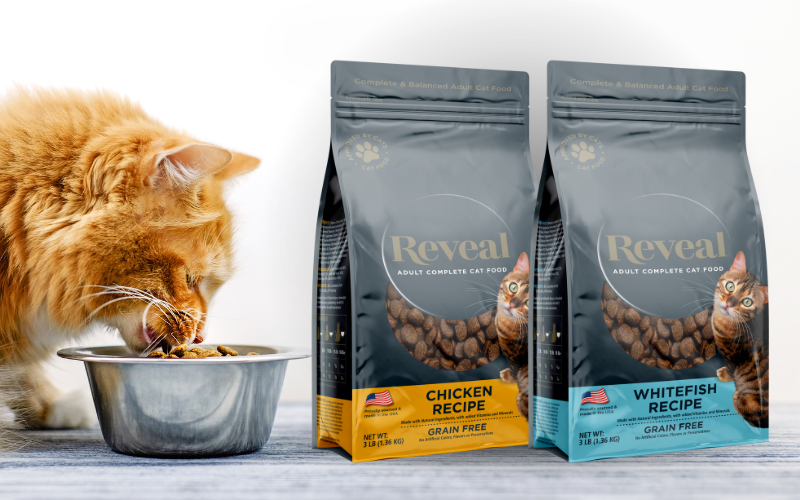More consumers are opting for plant-based and vegan pet food options. This shift is driven by health concerns, ethical values, and environmental consciousness.
As pet owners seek out these more sustainable food alternatives, they are also becoming increasingly aware of the environmental impact of packaging. In response, the industry must embrace sustainable packaging solutions that align with the values of eco-conscious pet owners.
Packaging plays a critical role in maintaining the freshness, safety, and integrity of pet food. However, traditional packaging materials such as plastic and multi-layered films can contribute to waste and pollution if not disposed of correctly. With the rise of plant-based and vegan pet food, it’s essential that the packaging aligns with the respresentative values.
Sustainable packaging minimises environmental impact throughout its life cycle—from material sourcing to disposal. The goal is to reduce carbon footprints, minimise plastic waste, and ensure that packaging materials either biodegrade, are recyclable, or come from renewable sources.
As more consumers adopt plant-based diets for themselves, they are also looking for similar options for their pets. This trend is fueled by growing concerns over the environmental impact of meat production and animal welfare. Plant-based pet food, often made from ingredients like peas, lentils, and grains, is not only seen as healthier but also as a way to reduce the carbon footprint associated with animal agriculture.
Pet owners choosing plant-based or vegan diets for their pets tend to be highly eco-conscious. As such, they demand packaging that reflects these values. The shift to sustainable packaging in this niche market is not just an option—it’s becoming a necessity.
Several innovative packaging solutions can help plant-based and vegan pet food brands reduce their environmental impact:
- Recyclable Materials: While not all plastic is bad, the key is to use materials that can be easily recycled. Packaging made from mono-materials, like polyethylene (PE) or polypropylene (PP), can be widely recycled, unlike multi-layer packaging, which contains a mix of materials. Encouraging consumers to recycle packaging through clear labelling and recycling initiatives can further reduce environmental impact.
- Lightweight Packaging: Reducing the weight of packaging materials can significantly lower transportation emissions. Flexible packaging, such as pouches and bags, offers a lightweight alternative to traditional rigid packaging like cans or jars. Not only does this reduce shipping costs, but it also lessens the carbon footprint of transportation.
- Reusable Packaging: Some companies are exploring refillable or reusable packaging options, allowing consumers to purchase pet food in bulk or return packaging for reuse. This reduces the need for single-use packaging and promotes a circular economy.
Challenges Ahead
While the demand for sustainable packaging is growing, there are challenges that companies must address. Sustainable packaging options can sometimes be more expensive to produce, which can affect the final price of the product. Additionally, finding materials that offer the same level of protection and shelf life as traditional packaging can be difficult. This is especially true for pet food, which requires protection from moisture, air, and light.
However, as technology advances and consumer demand for sustainability increases, more cost-effective and high-performance sustainable packaging solutions are becoming available. Pet food brands have an essential role in driving sustainability forward. By prioritising eco-friendly packaging and clearly communicating its benefits to consumers. This means brands can position themselves as leaders in the green pet food movement. Transparent labelling, education on how to properly dispose of the packaging, and participation in recycling programs can further help consumers make environmentally responsible choices.
Consumers, on the other hand, have the power to encourage change by choosing brands that prioritise sustainability. By supporting companies that use mono material packaging, consumers send a clear message that they value the environment. They expect the same from the products they purchase. As the demand for plant-based and vegan pet food continues to rise, the packaging industry must evolve. They need to meet the expectations of environmentally conscious pet owners. Sustainable packaging solutions not only benefit the planet but also enhance brand value and appeal to a growing market of eco-minded consumers.
If your brand wants to invest in quality packaging, we will guide you through the entire print process. In addition, we are providing recommendations along the way to improve efficiency, reduce costs and add untold value to the end product.
Contact us on +44 (0) 161 440 7302 or follow this link to complete our contact form – or, we’ll see you there!
CASE STUDIES | CONTACT US | SOCIAL MEDIA | NEWSLETTER

